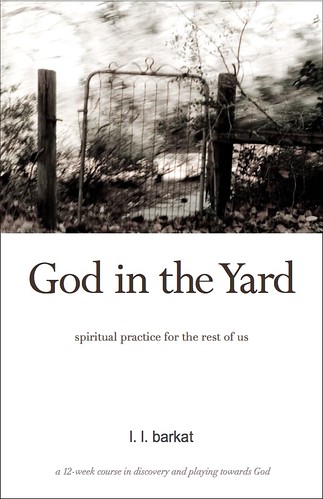Blogworld: Community or Network?

Blogging provides community.
I wondered if my recent article, A New Kind of Body, implied that by its title. Some of the bloggers I interviewed suggested that blogging provides community. The thought sprang into our comments, in the last post discussion. I've said simlar things. "My blog community."
But, on reading John Gatto's Dumbing Us Down, I'm musing. Maybe the blogosphere cannot provide community. Maybe it can only serve as a network.
Now, John Gatto is writing about the educational system when he says the following things, but I see their application to blogging...
Networks...don't require the whole person, but only a narrow piece.... a network asks you to suppress all the parts of yourself except the network-interest part— a highly unnatural act though one you can get used to. (p.48)
The fragmentation caused by excessive networking creates diminished humanity, a sense that our lives are out of control...(p.48)
...when people in networks suffer, they suffer alone, unless they have a family or community to suffer with them....the "caring" in networks is in some important way feigned....And, as such, the intimate moments in networks lack the sustaining value of their counterparts in community. (p.50)
People interact on thousands of invisible pathways in a community, and the emotional payoff is correspondingly rich and complex. But networks can only manage a cartoon simulation of community and provide a very limited payoff. (p.52)
Networks make people lonely....With a network, what you get at the beginning is all you ever get. Networks don't get any better or worse... (p.53)
An important difference between communities and [networks] is that communities have natural limits; they STOP growing or they die. Unlike true communities, pseudo communities and other comprehensive networks like schools expand indefinitely, just as long as they can get away with it. (pp. 62-63)
Truth itself is another important dividing line between communities and networks. If you don't keep your word in a community, everyone finds out... (p. 64)
Gatto admits that he belongs to some networks. But only ones he considers "completely safe" because they "reject their communal facade, acknowledge their limits, and concentrate solely on helping [him] do a specific and necessary task." (p.52)
On the other hand, he rejects "a vampire network like a school, which tears off huge chunks of time and energy needed for building community and family— and always asks for MORE..." (p.52)
So. I turn it over to you: my blogging community (my blogging network?). What's the real deal? What kind of ties do we have here? And, ultimately, does it matter?
Tied to the Shore photo, by Andrew Denny of Granny Buttons
NEW LINKS TO THIS POST:
Llama Momma's Community
Labels: blogging, community, Dumbing Us Down, John Gatto, networks, Today's Christian archive















